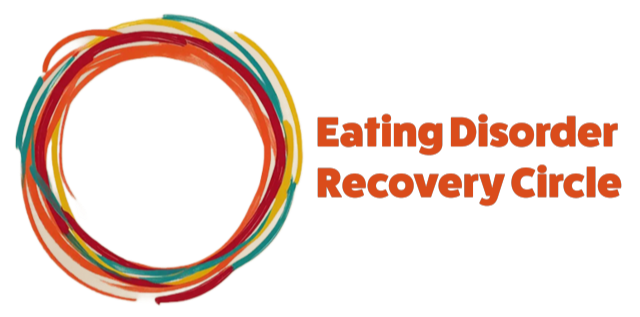July Q&A – Recovery When Life Throws Curveballs
Aug 08, 2025This month, we had just two questions—but both cut right to the heart of what it means to keep going when your body feels like it’s working against you.
These are the moments where recovery doesn’t look like the textbook version. These are the moments where the work is quieter, gentler, and just as brave.
Let’s get into it.
1. How do I stay motivated when life keeps throwing difficulties at me?
Emma’s question came from a place of frustration and exhaustion: I was making progress, then my health collapsed. I have food sensitivities from mast cell issues, possible rare illness, a long wait for medication, and I can’t eat certain foods without feeling horrendous. I know weight gain will help my immune system, but I feel sick most of the time. How do I recover in this situation?
Sweetheart, recovery doesn’t stop because your body is unwell—it just needs to look different.
-
Motivation follows action. You don’t wait to feel ready—you take the next step, however small, and motivation grows from there.
-
Recovery isn’t about forcing allergens or foods that harm you. It’s about making the most of what’s possible with the foods your body can handle. That is still recovery.
-
You’re learning to listen to your body—maybe for the first time. For years the eating disorder taught you to ignore pain, hunger, fatigue. Now you’re hearing your body’s signals, and that’s not failure—it’s connection.
-
Structure and safety matter. Keep regular meals and snacks, even if your appetite is low. Rest without guilt. Journal your daily wins—I chose to support myself today.
Your body isn’t sabotaging you. She’s adapting. Recovery now isn’t about doing more—it’s about trusting more. When life throws curveballs, don’t search for motivation—search for alignment. Ask, What would someone choosing life do right now? Then do that, even if it’s quiet and small.
2. Why am I so exhausted three weeks into going all in?
Mari shared: I’m in week three of all in, but I feel more tired by the hour. My edema is worse, my muscles ache, my breathing feels heavy, and I’m in a constant fog. Is this normal? Will it pass? Are supplements worth trying?
Sweetheart, you are not failing—you’re healing. This is exactly what we expect in early full nourishment recovery.
Here’s why it happens:
-
When you go all in, your body shifts from survival to repair. Energy is pulled away from alertness and action and channelled into healing your organs, bones, digestion, hormones, brain matter.
-
Inflammation rises temporarily as damaged cells begin repairing. This can cause swelling and heaviness.
-
Deep rest is now your medicine. You’re not lazy—you’re in intensive care.
What to expect:
-
Weeks 2–6 often feel the heaviest. Around weeks 7–9, some people notice less fog and breathlessness, but true energy resilience takes months.
-
Every nap, snack, and rest period is speeding up your healing—not slowing it down.
Supplements? They can gently support you (vitamin C, B complex, magnesium, vitamin D—with your doctor’s approval), but nothing replaces food and rest. There’s no shortcut through this phase because it’s not about fixing fatigue—it’s about trusting it’s part of the process.
Right now, progress isn’t productivity. Progress is feeding yourself before you’re hungry, lying down when your body asks, speaking kindly to yourself in the fog. Let the heaviness be holy—it means your body trusts you enough to repair.
You Are Doing It
Whether you’re navigating recovery alongside illness or through deep exhaustion, your courage is the same. You’re choosing to stay in the process, even when it doesn’t look the way you imagined.
You are not broken. You are becoming.
And we are right here with you.

